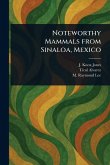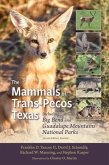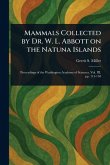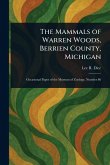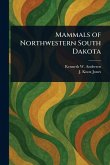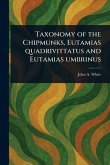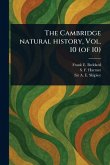"Mammals from Tamaulipas, Mexico" by Rollin H. Baker offers a detailed exploration into the zoology of a specific region, focusing on its diverse mammal population. This carefully prepared print republication presents an essential resource for anyone interested in the natural history of Tamaulipas, Mexico. The book meticulously documents the rodents and other mammals inhabiting the area, providing valuable insights for both amateur naturalists and seasoned zoologists. Delve into a comprehensive study of these animals within their natural environment. A timeless contribution to the field, this volume remains relevant for understanding the distribution and characteristics of mammals in this unique geographical location. This work has been selected by scholars as being culturally important, and is part of the knowledge base of civilization as we know it. This work is in the public domain in the United States of America, and possibly other nations. Within the United States, you may freely copy and distribute this work, as no entity (individual or corporate) has a copyright on the body of the work. Scholars believe, and we concur, that this work is important enough to be preserved, reproduced, and made generally available to the public. We appreciate your support of the preservation process, and thank you for being an important part of keeping this knowledge alive and relevant.
Bitte wählen Sie Ihr Anliegen aus.
Rechnungen
Retourenschein anfordern
Bestellstatus
Storno



